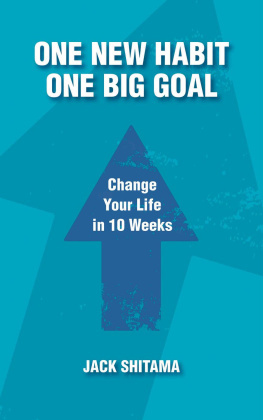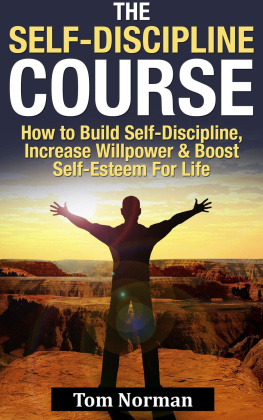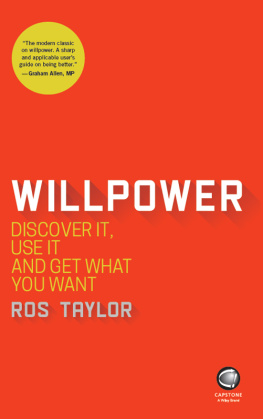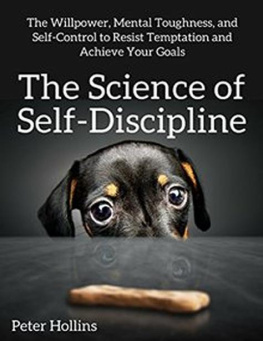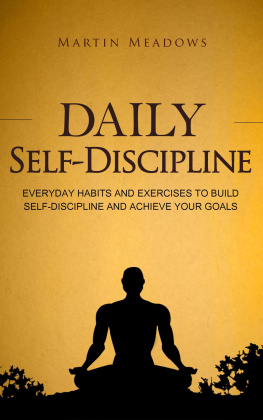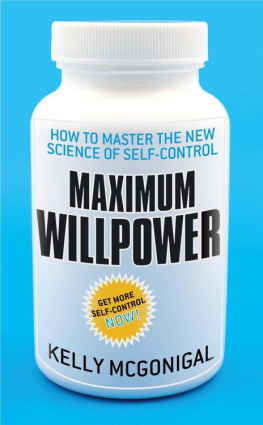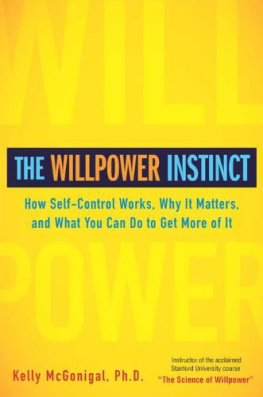As a way of saying, Thanks for your purchase, Im offering a free download of my ebook Wake Up Successful - How to Increase Your Energy & Achieve Any Goal with a Morning Routine.
Getting Unstuck is a real problem for a lot of people. The trick is to identify what you need to get done and create a step-by-step strategy to launch your day so that you execute your tasks in the most efficient way possible.
In Wake Up Successful youll discover several ways to launch your day with a tried and tested morning routine. This will enable you to make lasting changes to your work, success, health and sleep habits.
Will this book help me?
You are probably reading this book because:
- You find it difficult to break the negative habits that have been holding you back.
- You have tried to use willpower and failedmultiple times. Sooner or later, you drop the new diet or quit the gym or go on a shopping frenzy.
- You want to create positive financial habits and make lasting changes in your life.
- You have tasted temporary success but failed to make lasting changes.
- You want to make changes to your unhealthy lifestyle by practicing simple daily habits.
- You need practical steps to develop better habits.
A lot of the elements in this book are intuitive, and you may already know some or all of them. The methods I suggest in this book are gathered from people much smarter than me. All I have done is try each one out and test it to examine what works and what does not.
The easy-to-understand system that has resulted from my efforts is something I am proud of, but I am not writing this book to be preachy. Youre smart enough to know that there are no secrets in life. Most people intuitively know that exercising is good! but what they dont realize is that exercising affects other areas of life and causes a chain reaction.
Creating a healthy exercise routine is not really about willpower. I will show you how you can use the triggers that are part of your daily life to help you make massive changes in your life and take you from knowing to doing.
When I began to write this book, I simply wrote out the trigger system with a few examples and thought I was done. However, after reading the draft a few times, I realized that I had made some critical assumptions about you. The reason these assumptions are critical is because if they happen to be wrong, then this whole book would be rendered useless. I have listed out my assumptions below to ensure that we are on the same page:
#1. I assume you are reading this book because there is an element in your life that seems to be out of control. It may be your body weight, your mental state, or the state of your finances.
#2. I also assume that you have identified the problem and that you are willing to do whatever it takes to rip this problem apart.
#3. I assume that you can take the framework suggested and run with it; that is, you would be able to customize the framework to fit your life.
#4. While outlining the trigger system, I will also assume that you are willing to suspend judgment and give this system a chance.
I would like to believe that I can help you solve this problem, but I struggle with the fact that I dont know you and I dont know the exact problems you are facing. I also dont know if my method will fit your life. But you can rest assured for two reasons:
1. You wont have to start this journey alone . I have created a website, , where you will have access to additional information, templates, and free downloads to help take this forward.
2. You can always reach out to me by sending me an email. My email address is 7bigrocks@gmail.com.
Men's natures are alike;
It is their habits that separate them.
~ Confucius
Everyone has both good and bad habits. Good habits can be hard to form, while bad ones can be hard to break. However, if you understand how habits actually work, then you can make them work for you.
Charles Duhigg, a writer, talks about three different aspects involved in creating a habit. He calls them the cue , the routine , and the reward .
# The cue is what triggers your brain.
# The routine may be a mental routine, a physical routine, or an emotional routine.
# The reward helps the brain to decide whether or not that habit is worth remembering.
Your brain is led by your habits. Your habits could be financial habits, behavioral habits, health related habits, thinking habits, emotional habits, shopping habits, business habits, or location-based habits.
Habits create patterns that we regularly follow until doing so feels almost involuntary. However, a lot of people think that habits and addictions are similar in nature. The reason for that is the fact that bad habits and addictions have a lot in common. Let us examine this further.
Habits vs. Addictions
The term habit refers to a behavior pattern repeated to the point where the brain does it automatically. An addiction, on the other hand, refers to the bodys compulsive need for particular substances or things that, if denied, leads to some horrible effects. While a habit can be controlled or even modified, an addiction is beyond the control of the person affected and can only be modified if one receives the help of a professional.
Distinguishing between habits and addictions is not as straightforward as it may sound. One of the more effective approaches in differentiating between the two is to look at the outcomes of the behavior in question. Ask yourself, What are the long-term effects of this behavior? Are they disruptive and negative, or essentially balanced and positive?
In addition, to this, you can get useful insights if you examine whether or not you are able to maintain a conscious choice before you act out the behavior: Does the behavior compel your brain to indulge, or is it your brain that independently opts to act as you do? The following is a list of some significant though often subtle differences between habits and addictions:
A (Good) Habit is a Behavior Pattern that:
#1. Is repeated constantly to the point where it becomes second nature
#2. Is developed after repeated (or practiced) exposure, usually after making conscious choice
#3. Manifests itself through regularity
#4. Over time leads to accuracy of performance or increase in output
#5. Allows you to make a conscious and straightforward choice
#6. Over time leads to outcomes which are balanced and beneficial to yourself as well as to others
An Addiction is a Behavior Pattern that:
#1. Has run out of control and made you a slave to it
#2. Is developed through either through initiation to something or exposure to a substance that gives an incentive and reward to the body. The reward or incentive may be in the form of stored memories, or cues , which remind the brain of the rewarding experience after indulging in the behavior pattern.
#3. Appears with even more regularity over time
#4. Leads to decreased facility and performance accuracy over time
#5. Gradually diminishes the possibility of a conscious, straightforward choice
#6. Leads to long-term effects that are negative (the bad outweighs the good) both to self and others. These outcomes are also typically unbalanced.


